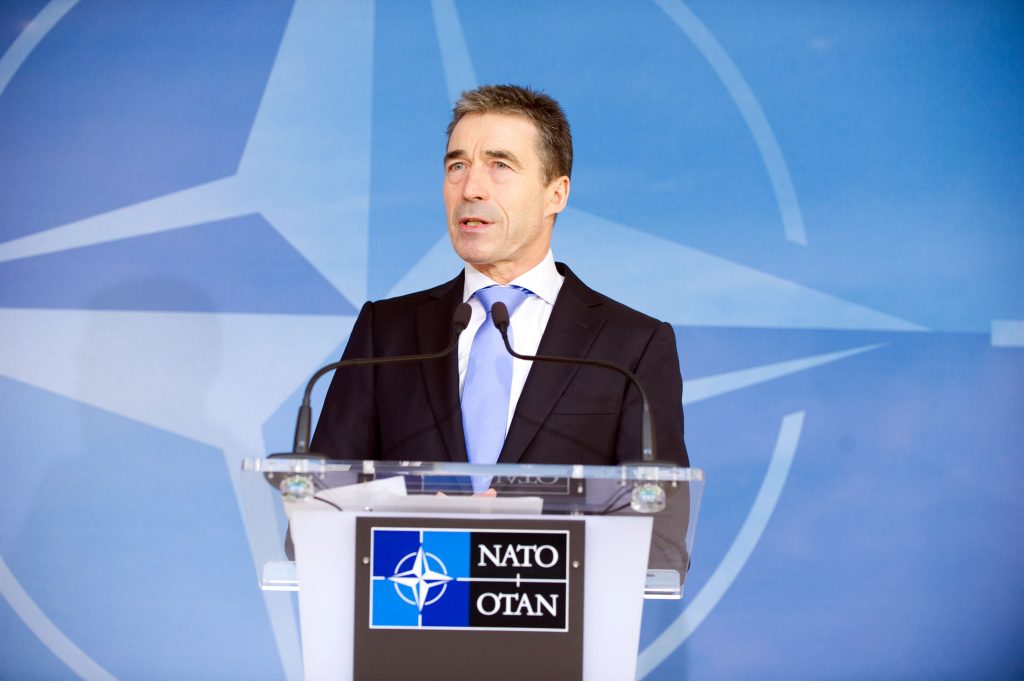
From Kenneth Weisbrode, the New Atlanticist: The language of partnership has become so popular, even contagious, that several, mainly American, officials have described the Atlantic Alliance itself as an important, if not the most important, partnership to the United States. Their intent, we presume, is to reassure allies that the United States is not losing interest or turning its attention too much elsewhere at their expense. If there is to be a pivot to Asia or anywhere else, the Atlantic Alliance and its web of global partners will move with it
However, conflating partners with allies poses a risk. For all that we like partnerships, they fall several degrees short of an alliance, let alone a community, which the Atlantic Alliance was meant to be, and in some ways has become, over the course of the last six decades. To some it may suggest greater burden-sharing, but arguably no more so than the others, whereas partnership is a vaguer term. To diplomatic traditionalists, it was once known as an “alignment.” Today it can be anything from a mere association to a deep friendship. It may also be a means to an end, or a path to something more lasting like a security community, but this is unlikely to happen when the concept appears as a hub with spokes—as Richard Holbrooke was fond of describing the Alliance in the mid-1990s. Members of the Partnership for Peace were quick to point out that so hierarchical a concept was bound to disappoint. Partnerships, especially those of limited liability, are easier to dissolve and tend to emphasize flexibility over durability. They may entail mutual advantages but they rarely take the “all for one and one for all” pledge that forms the essence of an alliance and a community.
NATO has been down this road before. In the 1960s, for example, there was the vogue of the dumbbell. This was a mainly Franco-American idea that depicted the Alliance as a transatlantic partnership of two superpowers—one American, the other “European.” For obvious reasons this never happened and the older community idea was restored but not without first weakening the transatlantic “middle bar” significantly. Charles de Gaulle, though not a “dumbbellist,” took advantage of the moment to declare that partnership, understood as an à la carte alliance, was fine by him. He went on to withdraw France from NATO’s military command and sent the Supreme Allied Commander, Europe and everyone else in NATO headquarters packing to Belgium. When this happened, dumbbellists on both sides of the Atlantic were outraged. But to some degree they had themselves to blame. Language matters.
Kenneth Weisbrode is a historian at the European University Institute and author of “The Atlantic Century.” (photo: NATO)
Image: nato%202%207%2012%20Rasmussen.jpg
